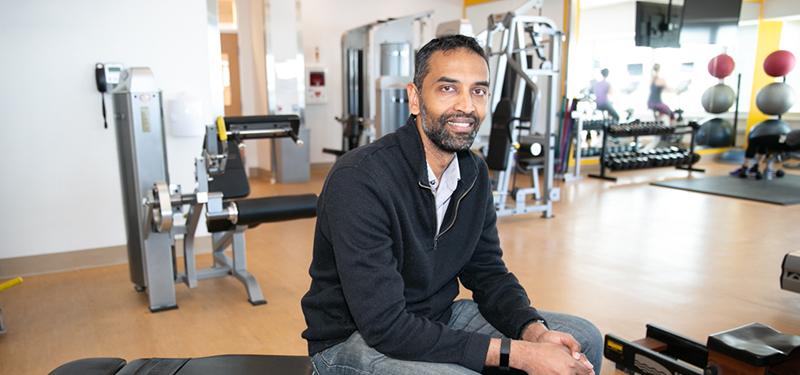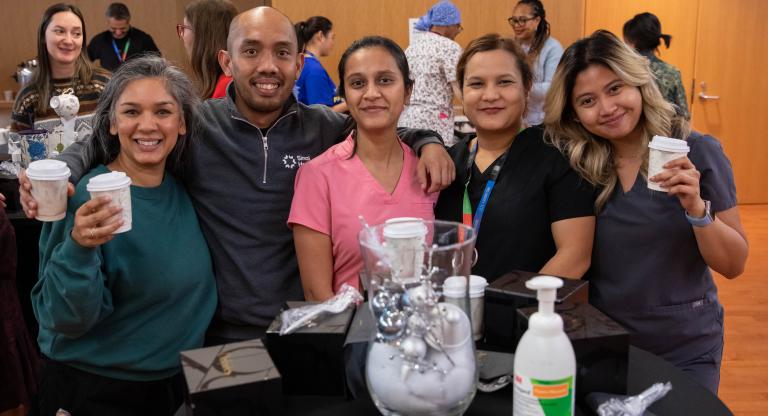Can stress reduction and exercise improve outcomes for cancer patients?

After undergoing major abdominal cancer surgery, it makes sense that recovery would include a measure of rehabilitation, including movement guided by professionals that is intended to return these patients back to their previous level of activity and mobility, as quickly as possible.
But a new study out of Mount Sinai is considering whether prehabilitation, or engaging in physical exercise and stress reduction activity before surgery, can help with recovery for patients who are undergoing surgical procedures for gastrointestinal cancers.
Dr. Anand Govindarajan is a surgical oncologist and the principal investigator for a study considering the potential benefits of prehabilitation. Some participants in the study undertake a prehabilitation program that includes physical exercise, alongside prescribed mindful relaxation, as part of a series of activities for patients to see if this program can impact post-surgery outcomes. The control group in the study are advised to continue their regular level of activity, and given the information on exercise outlined in the Cancer Care Ontario guidelines. Both groups are outfitted with an activity tracker.
“Previous studies have primarily looked at how a prehabilitation program focusing on physical exercise can help patients improve performance on simple tasks, like walking distance, after patients have surgery. I am interested in a more comprehensive prehabilitation,” explains Dr. Govindarajan. “We are looking to improve quality of life, and also ensuring that prehab programs provide good return on investment.”
Rachel Aitken, a registered kinesiologist and graduate student at the University of Toronto is responsible for providing individualized physical training as well as instructing participants in the mindful relaxation activities for those participants who are undertaking the prehabilitation program. “Working with these patients has been really rewarding,” says Rachel. “I love seeing the transitions from the first time we meet, to their pre-operative phase, to checking in with them after surgery and seeing how quickly they want to get back to their exercise program. It’s great to see people adopt healthy behaviours, long-term.”
For one patient involved in the study, the experience has been overwhelmingly positive. Last May, Trish was diagnosed with a condition that required aggressive treatment. In October, she underwent hyperthermic intraperitoneal chemotherapy, known as HIPEC surgery, where after surgery to remove any cancerous tumours and lesions, the abdominal cavity is bathed in a heated chemotherapy solution that penetrates and destroys remaining cancer cells. Trish sees participating in this study as a way of giving back, and she says “being a part of this study is something I can do to benefit others in the future. It might make their treatment smoother.” She adds, “My participation made me feel like I was a more active, involved, and empowered patient.”
The study continues until 2020. Until then, Dr. Govindarajan maintains his excitement around the study, and is looking forward to the results. “Prehabilitation is a hot topic right now, for patients facing everything from knee surgery to complex oncology surgery, like what we are looking at,” he says. “We ultimately want to improve outcomes that are meaningful to patients. Maybe prehabilitation is one of the keys to that.”












